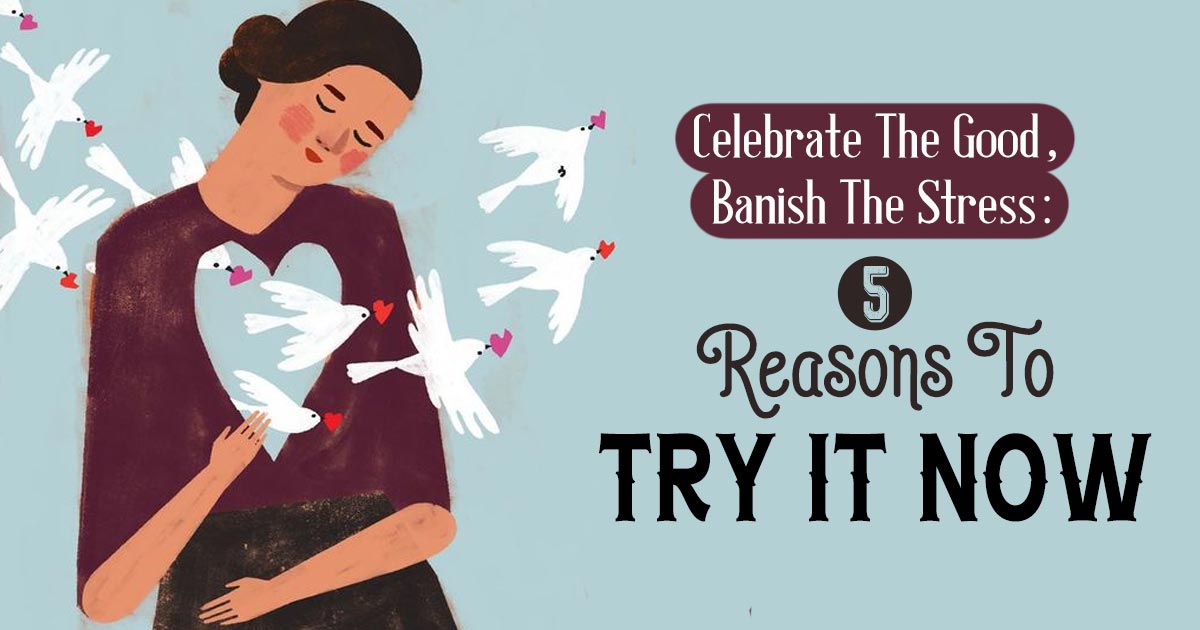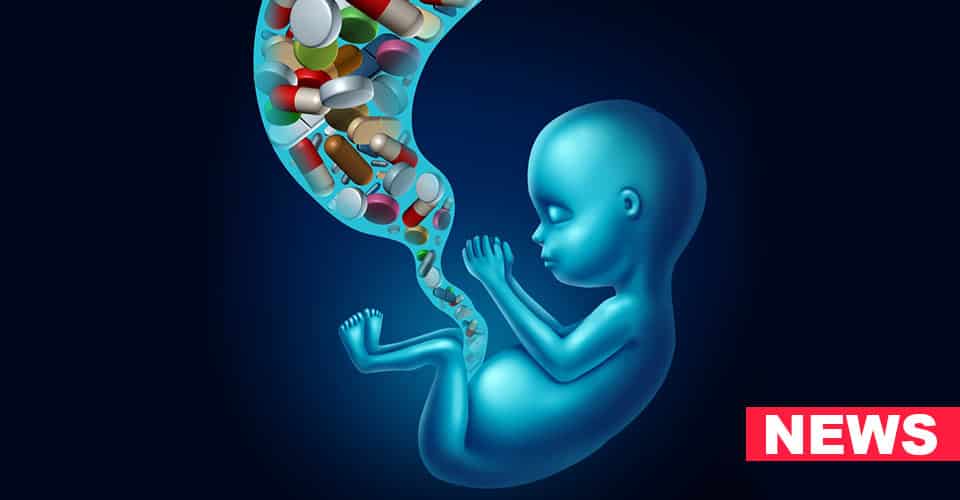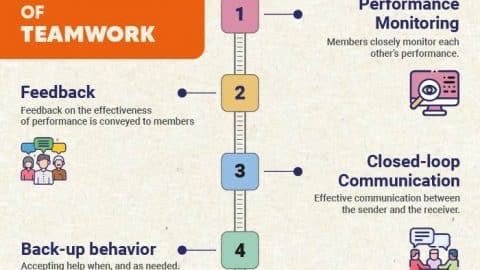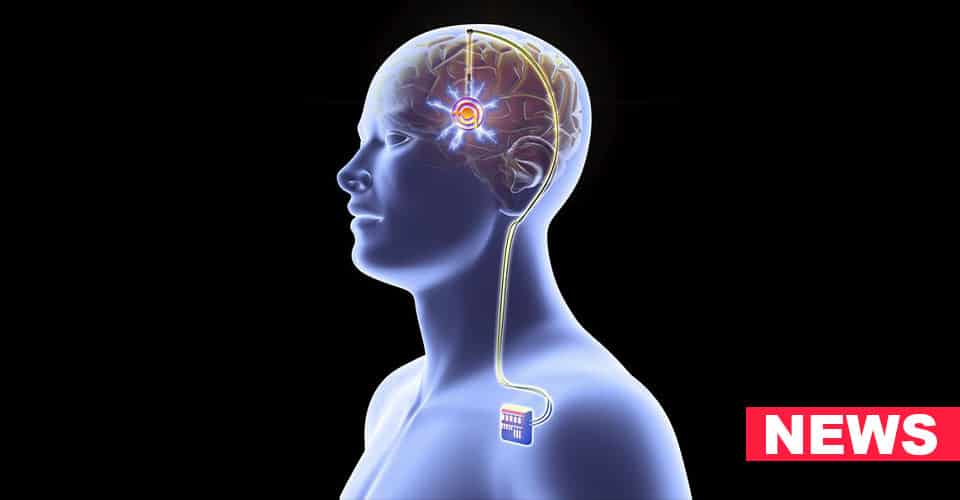In our fast-paced and success-driven world, it’s easy to become consumed by our relentless pursuit of achievement. We often find ourselves continuously chasing the next goal or milestone, with little time to pause and appreciate the journey so far.
November 1st marks National Stress Awareness Day, a reminder of the importance of managing our stress levels, especially as the holiday season approaches. This is the perfect time to explore how celebration as well as gratitude reduces stress.
Alleviating The Never-Ending Pursuit Of Success
One significant reason why celebration as well as gratitude reduces stress lies in the unceasing quest for success. Our modern world constantly raises the bar for what constitutes success. When we achieve one goal, we immediately set our sights on the next, rarely taking the time to pause and acknowledge our progress. This relentless pursuit can lead to heightened stress levels, as we never truly feel content with our accomplishments.
Celebration, however, does not equate to complacency. Instead, it serves as a crucial tool for breaking the cycle of constant striving and pushing ourselves too hard. It allows us to set a new baseline and recharge for our next endeavor.
When we pause to celebrate our achievements, we take a moment to recognize and appreciate the hard work and dedication that brought us there. This act of self-recognition provides a mental and emotional respite, helping us better manage the stress that often accompanies the relentless pursuit of success.
Combating The Fear Of Complacency
On National Stress Awareness Day, it is necessary to acknowledge that many individuals fear that celebrating their accomplishments will lead to complacency. They worry that taking time to bask in their achievements will cause them to lose their competitive edge or slow down their career progress.
However, this fear is often unfounded, as celebration and gratitude do not imply resting on one’s laurels. Instead, they signify acknowledging one’s hard work, determination, and dedication.
Celebration and gratitude can be potent motivators. When we take the time to celebrate our accomplishments, we not only reduce stress but also gain a sense of validation. This acknowledgment reinforces the notion that our efforts are paying off and that we are making progress. In turn, this validation serves as a powerful antidote to the anxiety that frequently accompanies the pursuit of success. By celebrating, we affirm our worth and commitment, providing us with a renewed sense of purpose and motivation.
Mitigating Stress And Imposter Syndrome
Imposter syndrome is a common source of stress, affecting countless individuals in various aspects of their lives. It induces feelings of fraudulence, even when they have achieved significant milestones. People afflicted by imposter syndrome often find it challenging to celebrate their accomplishments, as they fear that their success is merely the result of luck or temporary circumstances.
They often believe they don’t truly deserve their achievements and live in constant dread of being exposed as imposters, leading to a significant toll on their mental health and overall well-being.
Celebration and gratitude can serve as effective counterforces to imposter syndrome. By taking time to reflect on our journeys and the hard work invested, we can silence the inner critic that perpetuates these feelings of inadequacy. Celebrating accomplishments and expressing gratitude can provide a respite from imposter syndrome’s anxiety-inducing grip, boosting self-confidence and mitigating stress.
Practical Ways To Celebrate Accomplishments Productively
Practicing celebration and gratitude does not have to be grand or elaborate. In fact, there are practical and manageable ways to celebrate accomplishments productively. One such method is to set aside a few minutes at the end of each day to reflect on three things you achieved that day.
These accomplishments can range from work-related tasks to personal achievements like making your bed. The key is to train your mind to recognize and appreciate three positive accomplishments daily. This exercise not only ends the day on a positive note but also instills an appreciation for life’s small victories.
Breaking down larger projects into smaller tasks can make it easier to identify what to celebrate. Celebration doesn’t necessarily entail extravagant celebrations or time off work (although you can indulge in these if you wish).
Instead, it can be as simple as pausing for a moment to reflect on your accomplishments, recognizing your efforts, and storing these positive memories in your mind. This way, when you encounter anxiety or a lack of validation, you can revisit your personal “wins treasure box” to recall past achievements and remind yourself of your capabilities and worth.
Beyond Celebrations: How Gratitude Reduces Stress
On National Stress Awareness Day, let’s delve into the five fundamental reasons why celebration and gratitude can significantly reduce stress, enhance well-being, and contribute to a healthier and more fulfilling life:
1. Stress Reduction
Taking time to celebrate accomplishments and express gratitude serves as a respite from the constant pressure to strive for more and worry about the future. It offers a mental and emotional break from the stress-inducing cycle of always seeking more. By taking a moment to reflect on your achievements, you provide your mind with a much-needed break, which can help reduce stress and promote relaxation.
2. Improved Mental Health
Celebration and gratitude have been shown to enhance mental well-being by reducing symptoms of anxiety and depression. They help foster a positive mindset, shifting your perspective towards a more optimistic outlook. Focusing on your accomplishments and expressing gratitude for the support you receive can contribute to improved mental health and a greater sense of well-being.
3. Motivation
Recognizing your accomplishments provides the motivation to set and pursue new goals. It renews your enthusiasm for your career and life. When you celebrate your accomplishments, it reinforces the belief that hard work pays off, motivating you to continue your efforts and pursue new goals with determination.
4. Confidence Boost
Celebrating accomplishments and expressing gratitude strengthen the belief in your capability to achieve your goals, subsequently building self-confidence. Confidence is a key component of stress management. When you have confidence in your abilities and believe in your capacity to overcome challenges, you are better equipped to handle stress and maintain a positive outlook.
5. Stronger Relationships
Sharing your successes with others in a humble and grateful manner can strengthen personal and professional relationships. It fosters a supportive and positive environment. When you celebrate your accomplishments and express gratitude, you acknowledge the contributions of others to your success. This not only shows that you value and appreciate the people in your life but also creates a positive atmosphere that encourages collaboration and support.
Celebrating accomplishments and practicing gratitude are not signs of complacency or arrogance but essential strategies to reduce stress and promote well-being. On National Stress Awareness Day and every other day, these practices can significantly improve your overall quality of life.
By recognizing and appreciating your achievements and expressing gratitude for the support and opportunities you receive, you can find balance, gain a profound sense of fulfillment in your career and life, and navigate the relentless pursuit of success with grace and resilience. So, take a moment to celebrate your accomplishments and express gratitude today and everyday. Your well-being and success depend on it.



























